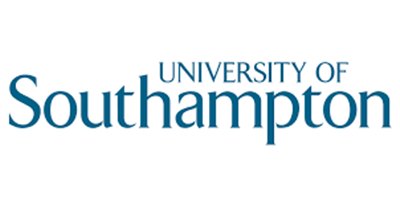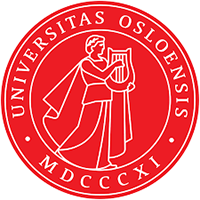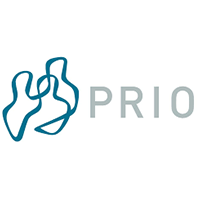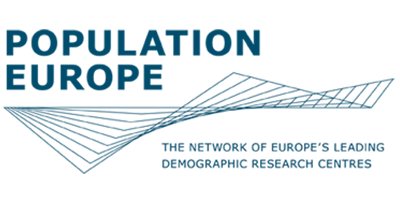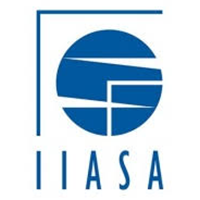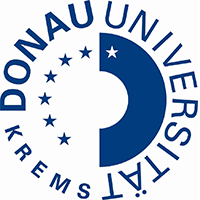Webinar: 'Translating Migration Theory into Empirical Propositions'

Migration studies are often described as both a fragmented and largely under-theorised research field. However, through the triangulation of various theoretical accounts and concepts, specific testable empirical propositions that address diverse and multifaceted migration patterns and regularities can be developed. This exercise has been done in the framework of QuantMig.
On the 11 December 2020, the Population Europe team organised a webinar to introduce the logic behind moving from a theoretical approach to empirical propositions that have a strong evidence base. It consisted of a presentation that first considered the very idea of migration theory, and then outlined ten propositions that can be empirically approached from different angles and turned into hypotheses. The webinar was based on QuantMig Deliverable 1.2.
The speakers included three of our QuantMig colleagues: Jørgen Carling, Research Professor of Migration and Transnationalism studies at the Peace Research Institute Oslo (PRIO); Mathias Czaika, Head of Department and Professor in Migration and Globalisation, Danube University Krems, Austria; and Marta Bivand Erdal, Research Director and Research Professor in Migration Studies at the Peace Research Institute Oslo (PRIO). The event was moderated by Jakub Bijak, as the lead of QuantMig.
The full recording of the webinar is available on YouTube: https://www.youtube.com/watch?v=731MsctVxNY&feature=youtu.be
This work has received funding from the European Union's Horizon 2020 research and innovation programme under grant agreement No. 870299 QuantMig: Quantifying Migration Scenarios for Better Policy. This document reflects the authors'view and the Research Executive Agency of the European Commission are not responsible for any use that may be made of the information it contains.
